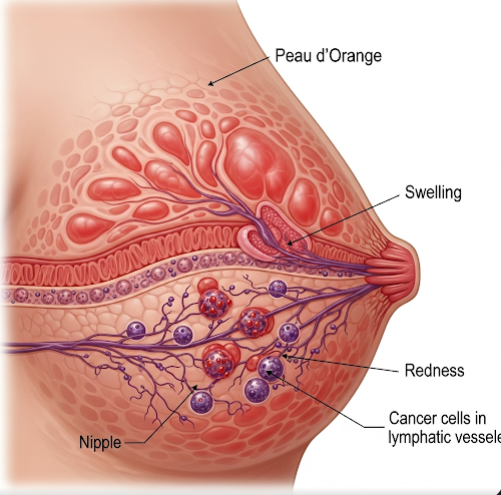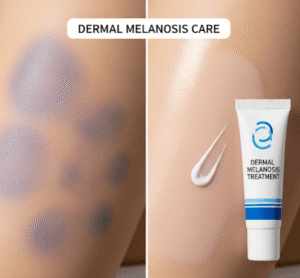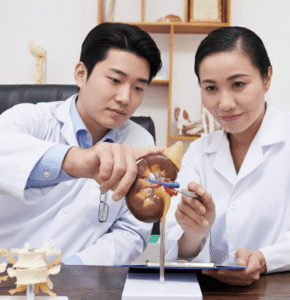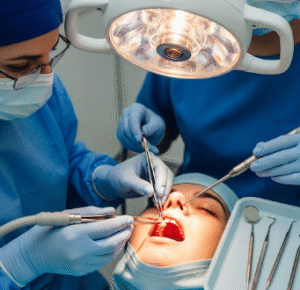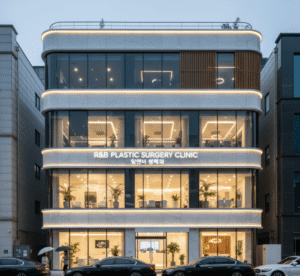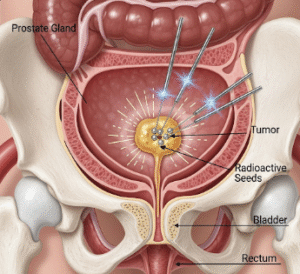Overview
Inflammatory Breast Cancer (IBC) is a rare but aggressive form of breast cancer characterized by rapid onset and distinctive symptoms caused by cancer cells blocking lymphatic vessels in the skin of the breast. Unlike typical breast cancers that form a lump, IBC often presents with swelling, redness, and warmth, making it challenging to diagnose early. In Korea, specialized oncology centers utilize advanced diagnostic imaging and multidisciplinary treatment approaches to manage IBC, aiming to improve survival outcomes despite its aggressive nature.
What is Inflammatory Breast Cancer?
IBC is an uncommon type of breast cancer accounting for 1–5% of all breast cancer cases worldwide. It involves cancer cells infiltrating and blocking lymphatic vessels in the breast skin, leading to characteristic inflammation. Due to this lymphatic obstruction, the breast appears swollen and red, often mimicking infection. The disease tends to progress rapidly and can spread to lymph nodes and distant organs if untreated.
Symptoms
- Rapid swelling of the breast
- Redness or a pink, bruised appearance of the skin
- Warmth and tenderness in the breast
- Skin thickening and pitting resembling an orange peel (peau d’orange)
- Flattening or inversion of the nipple
- Enlarged lymph nodes under the arm or near the collarbone
- Absence of a distinct lump, which differentiates it from other breast cancers
Causes
The exact cause of IBC remains unclear, but it involves:
- Invasion of cancer cells into lymphatic vessels, causing blockage and inflammation
- Genetic mutations leading to uncontrolled growth of breast cells
- Potential hormonal and environmental influences
Risk Factors
- Female gender, mostly affecting women but rare cases occur in men
- Age, commonly diagnosed in women under 50
- Obesity, which may increase inflammation and risk
- African-American ethnicity (not specific to Korea but noted globally)
- Family history of breast cancer
Complications
- Rapid spread to regional lymph nodes and distant organs (metastasis)
- Lymphedema due to lymphatic obstruction
- Aggressive tumor growth causing local tissue damage
- Treatment side effects due to intensive therapy
Prevention
- Regular breast self-examinations and clinical screenings
- Awareness of rapid changes in breast appearance or texture
- Maintaining a healthy weight and lifestyle
- Genetic counseling if there is a family history of breast cancer
Treatment Options in Korea
Diagnosis
- Clinical examination noting characteristic signs of IBC
- Imaging studies including mammography, ultrasound, and MRI
- Skin and breast tissue biopsy to confirm diagnosis
- PET-CT scan to assess for metastasis
Medical Treatments
- Neoadjuvant chemotherapy: Initial chemotherapy to shrink tumors before surgery
- Targeted therapy: For tumors expressing specific markers such as HER2
- Hormonal therapy: If cancer cells are hormone receptor-positive
Surgical or Advanced Therapies
- Modified radical mastectomy: Removal of the entire breast and nearby lymph nodes
- Radiation therapy: Post-surgical treatment to eradicate residual cancer cells
- Reconstructive surgery: Considered after completion of cancer treatments
Rehabilitation and Support
- Multidisciplinary care involving oncologists, surgeons, radiologists, and rehabilitation specialists
- Psychological support to help patients cope with diagnosis and treatment
- Physical therapy for recovery and management of lymphedema
Top Hospitals or Clinics in Korea
- Seoul National University Hospital – Breast Cancer Center
- Samsung Medical Center – Oncology and Breast Surgery Departments
- Asan Medical Center – Cancer Institute
- Yonsei Severance Hospital – Comprehensive Breast Care Clinic

